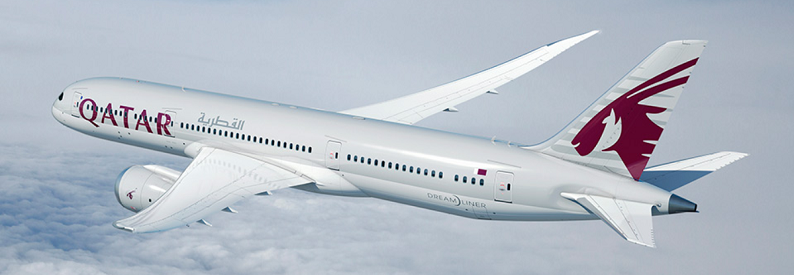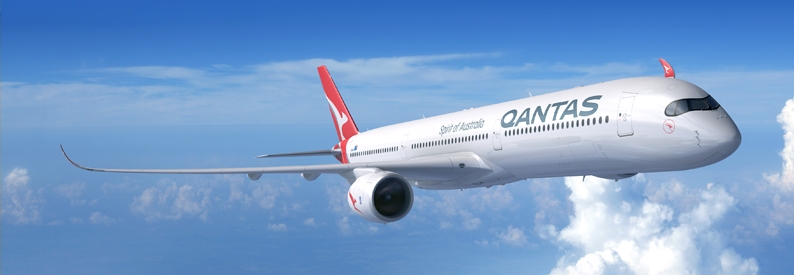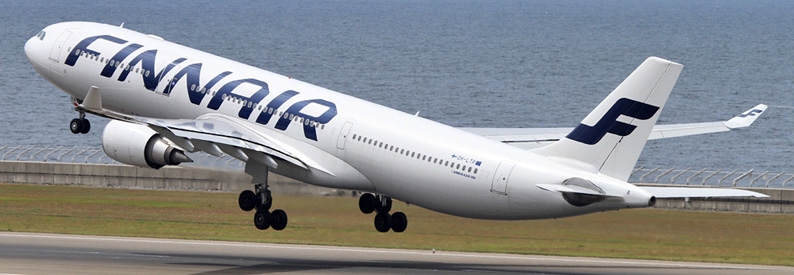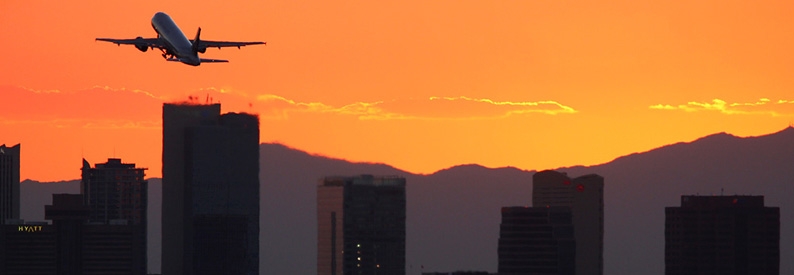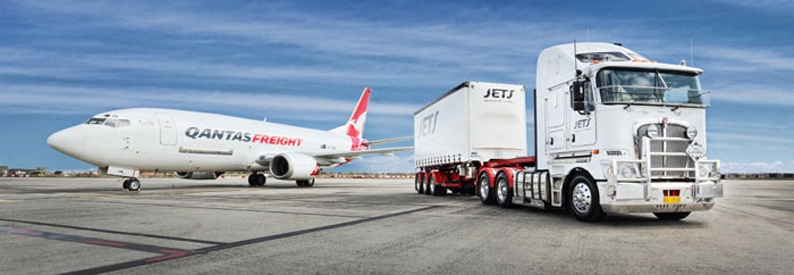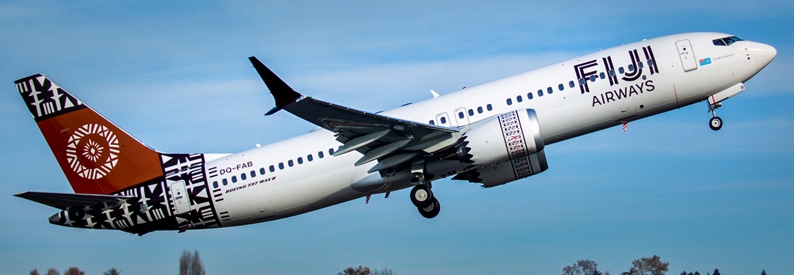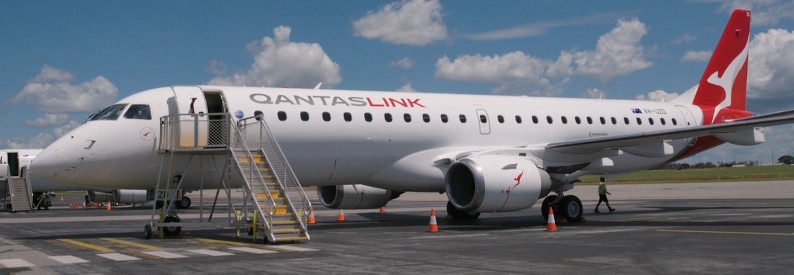A senate committee that spent more than 18 months investigating air services across Australia's regions has released its final report, finding no evidence of carriers deliberately charging overly high fares, which it put down to market forces and economies of scale. But it did suggest a trial that lifts cabotage on routes from Darwin.
The trial would allow international airlines to carry domestic passengers to and from Darwin, the country's closest international airport to Asia, a move that could lower ticket prices for the isolated city, the Australian broadcaster ABC reported.
Local councils and tourism bodies in northern Australia made submissions to the committee in favour of allowing cabotage between cities in the region such as Darwin and Broome. But Virgin Australia (VA, Brisbane International), Qantas (QF, Sydney Kingsford Smith) and trade body Airlines for Australia and New Zealand submitted against the move.
Easing cabotage restrictions on Northern Territory flights would "destabilise the local aviation market", jeopardise local jobs and undermine safety, a Qantas spokesperson told the inquiry, adding: "You'll see people cherrypicking certain routes, so you damage the route network and the economics of Australia's competitive aviation sector with foreign carriers."
In its report, the Senate Standing Committee stopped short of a formal recommendation to the national government for a trial to take place.
But it suggested that "an appropriate route would have to be selected to trial the easing of cabotage restrictions, where suitable infrastructure already exists and where government underwriting of costs would not be required. The proximity of Darwin to Asian markets and the fact that Darwin airport already receives international arrivals may make this location suitable for cabotage trials."
It is not the first time Australia has pondered the cabotage issue. When an earlier senate enquiry in 2017 looked into opening up the domestic market to international carriers, Qantas also expressed its strong opposition, saying in a statement that the policy would "materially erode the asset profiles of Australia's airlines, negatively impact future investments and be viewed as a risk by current and future investors".

